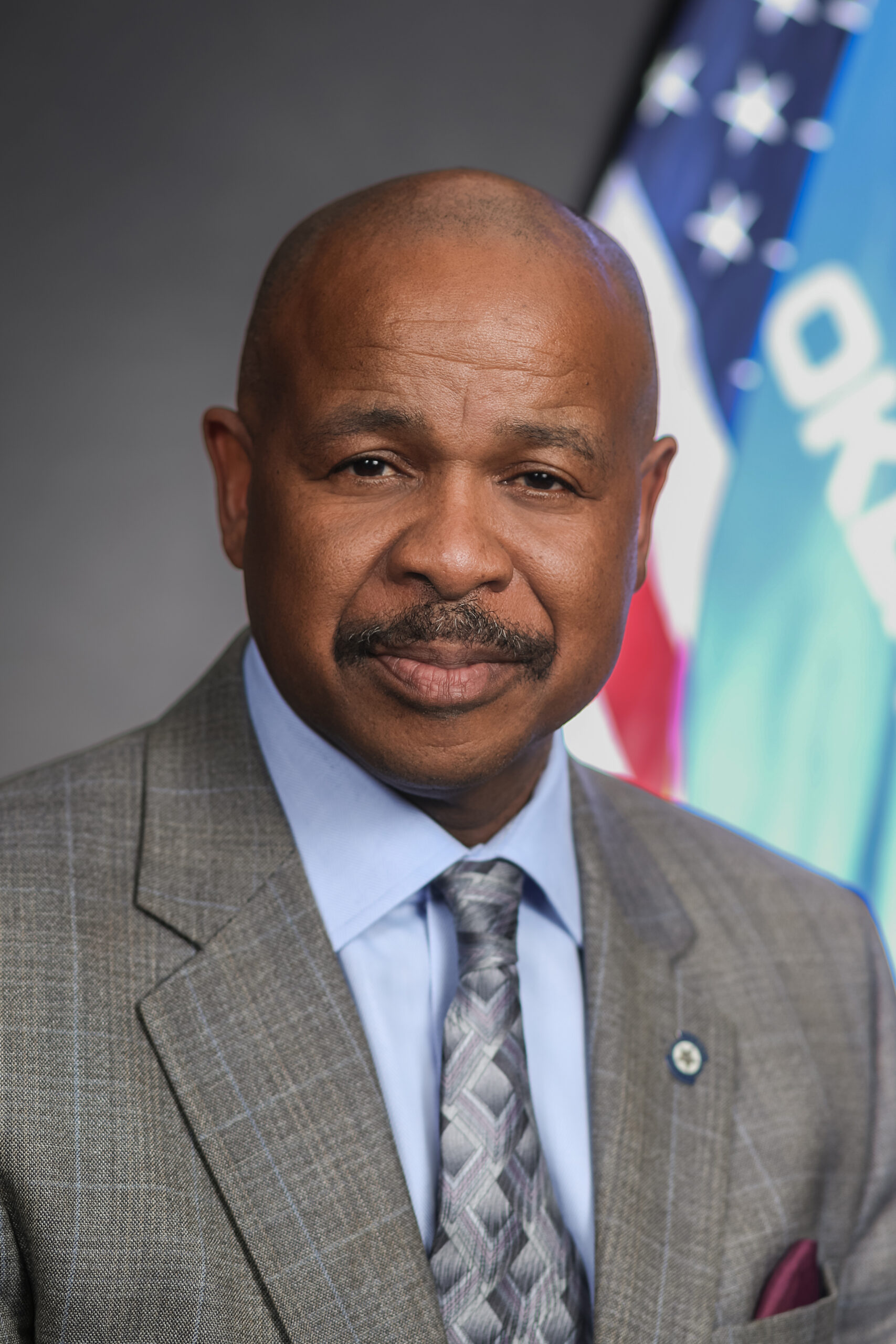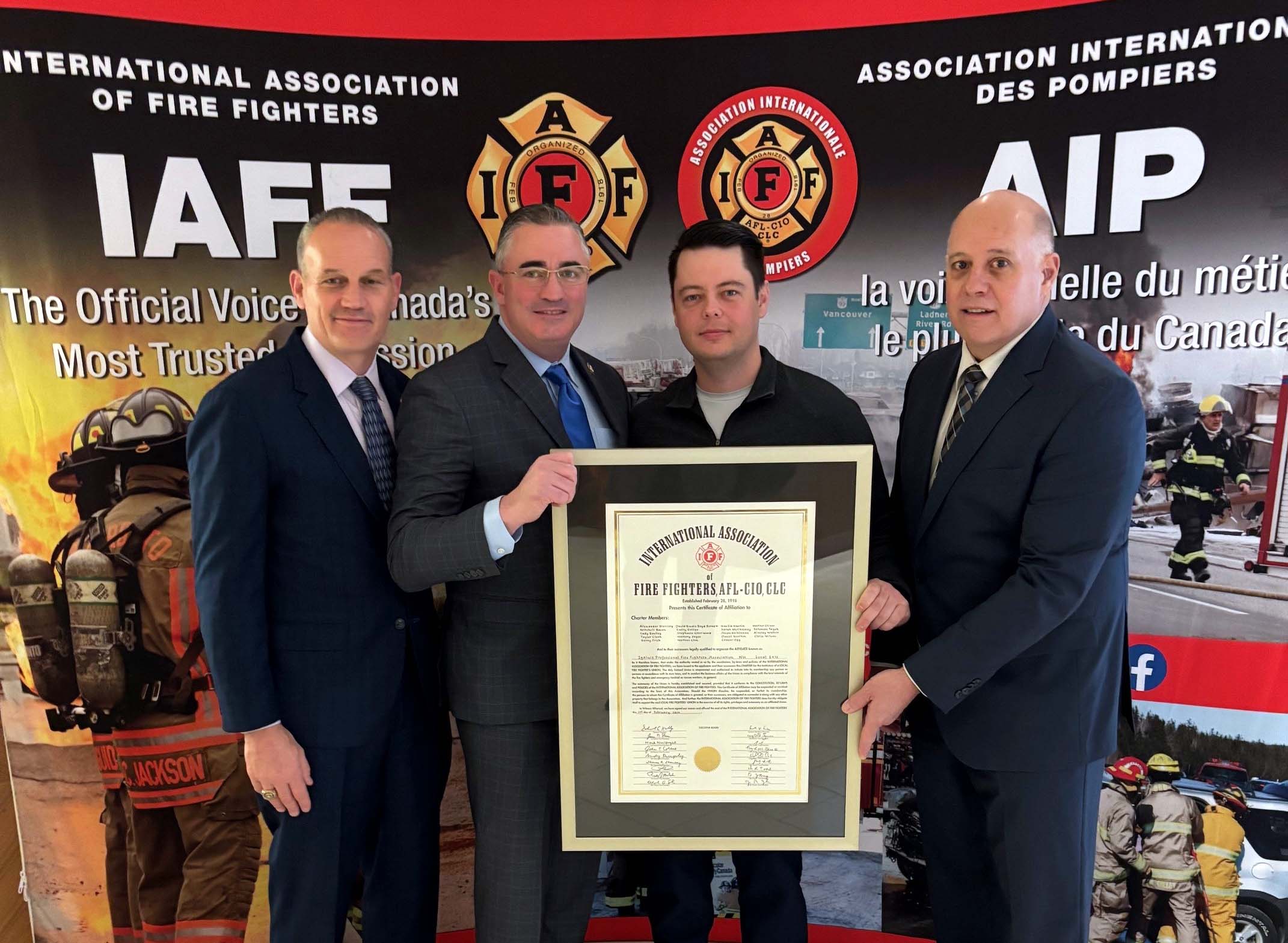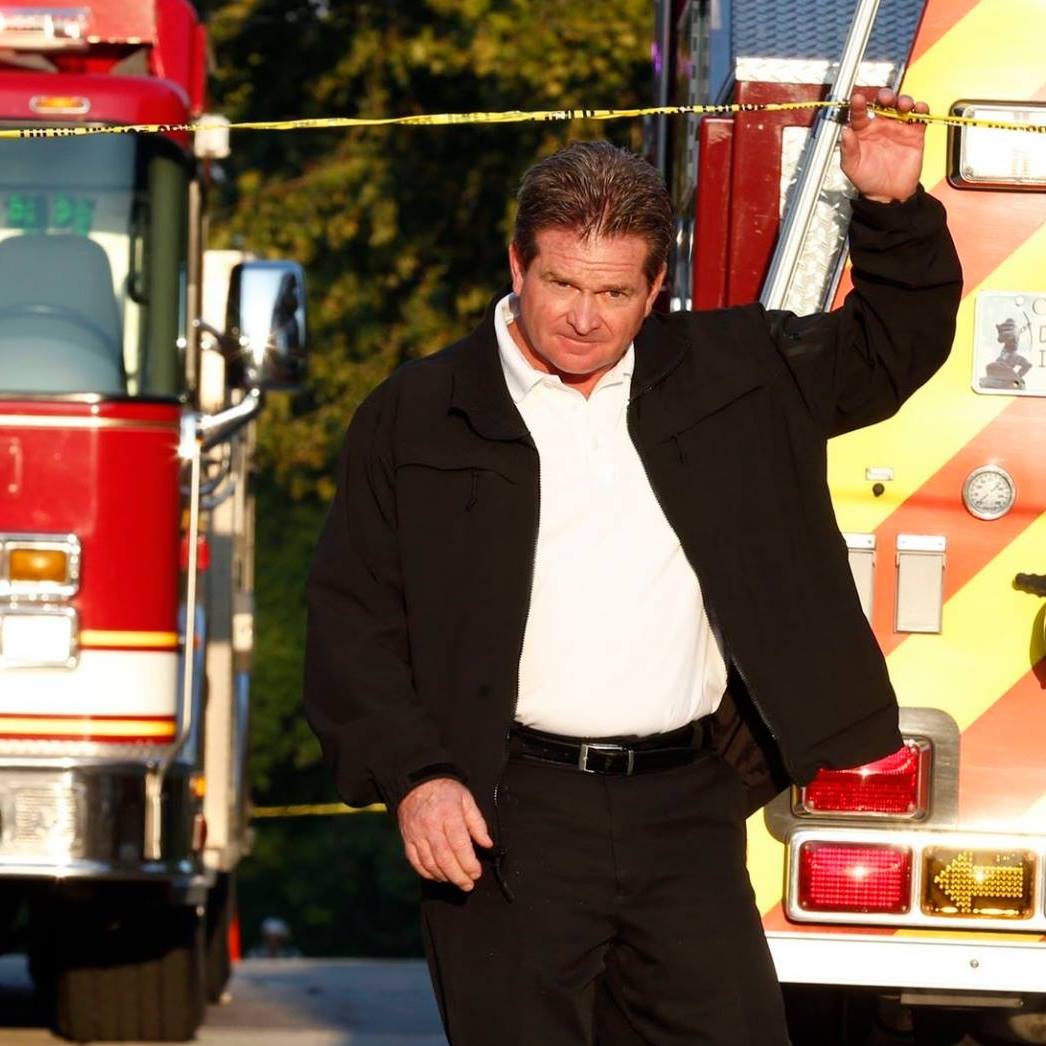In a triumphant day for IAFF members across the United States, key provisions protecting fire fighters have been included in the National Defense Authorization Act (NDAA). For the first time in history, federal fire fighters will now be entitled to presumptive benefits when stricken with cancer. The bill passed the Senate Dec. 15 by an overwhelming majority vote and is now headed to the White House for President Joe Biden’s signature.
“This is a game-changer for our 16th District members,” said General President Edward Kelly. “For far too long our federal fire fighters, and their families, have been left behind and we are thankful to have finally been able to secure this well-deserved benefit.”
Up to 100 federal fire fighters file cancer-related workers’ compensation claims annually. More than 80 percent of these claims were denied because fire fighters were unable to specify which carcinogen they were exposed to and when the exposure occurred. In April, Biden and U.S. Labor Secretary Marty Walsh implemented regulatory changes to improve the claims process. This laid the groundwork for the legislative fix that will soon be a reality. Under the NDAA, it will be presumed that certain cancers are occupational, ensuring federal fire fighters receive workers’ comp benefits.
“Every fire fighter knows there is a link between the job and occupational illnesses, including cancer. The studies prove it, and more of our elected leaders understand it,” said Kelly. “We are thankful for the members of Congress who have helped push this long-overdue provision forward for our federal fire fighters. They protect those who protect America, and they deserve our full-throated support.”
The provision gained momentum during the current legislative session, with bipartisan support led by California Democratic Representatives Salud Carbajal and Mark Takano and Republican Representatives Don Bacon of Illinois and Brian Fitzpatrick of Pennsylvania.
“Federal firefighters have been on the front lines in California fighting wildfires as we experience longer and more extreme fire seasons, but their threshold to prove work-related illness is much higher than their state or local counterparts here in California and around the nation,” said Carbajal. “That’s why I have worked for years to get this bipartisan commonsense bill to improve federal firefighters’ health and retirement benefits across the finish line.”
Senator Tom Carper, Delaware Democrat, has been an essential champion for addressing federal fire fighter issues in the NDAA on the Senate side.
“These brave men and women put themselves in harm’s way to save lives and protect our public lands—and if they contract an illness or disease on the job, we owe it to them to make sure they get the help they need,” Carper said. “I look forward to supporting this critical legislation to expand benefits for our federal firefighters by voting in favor of this year’s NDAA and look forward to seeing President Biden sign it into law shortly thereafter.”
The NDAA also includes a provision requiring the U.S. Department of Defense (DOD) to maintain staffing standards on all DOD installations of four-person structural fire companies and three-person Aircraft Rescue and Fire Fighting (ARFF) companies. This will improve the safety of military installations and the federal fire fighters protecting them.
In addition, the NDAA includes a provision that bans the DOD from purchasing PFAS-laden turnout gear once a PFAS-free alternative has been developed. The bill also directs the DOD to release information on the health effects of PFAS exposures for fire fighters, veterans, and their families.
Protecting members from cancer-causing PFAS (per- and polyfluoroalkyl substances) has been a top priority for the IAFF, as cancer has become the leading cause of death among fire fighters. Studies have shown that PFAS, considered a forever chemical because of the prolonged time it takes to break down, can seep into the body through the skin and through inhalation.
“We need to combat what is killing us,” Kelly said. “And the sooner we have PFAS-free gear, the safer we will be on the job and in our communities. Our battle continues and we will take the fight wherever we need to. Our objective is clear – extinguish cancer from the fire service. Thanks are owed to many up and down the IAFF for this victory. I’m proud and thankful to lead this IAFF and its group of dedicated staff who made this priority a reality.”



